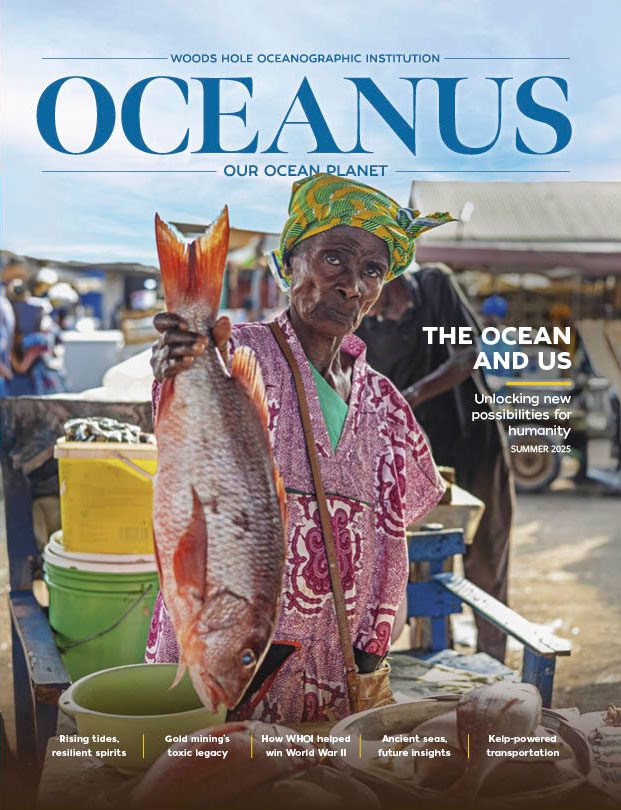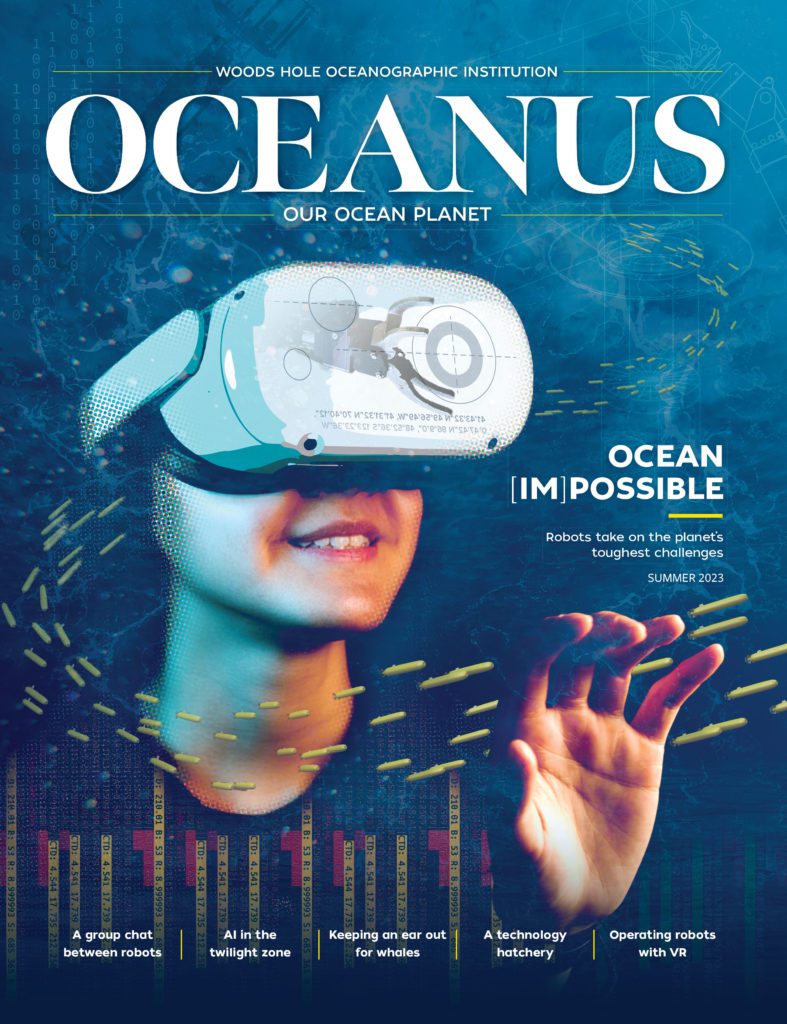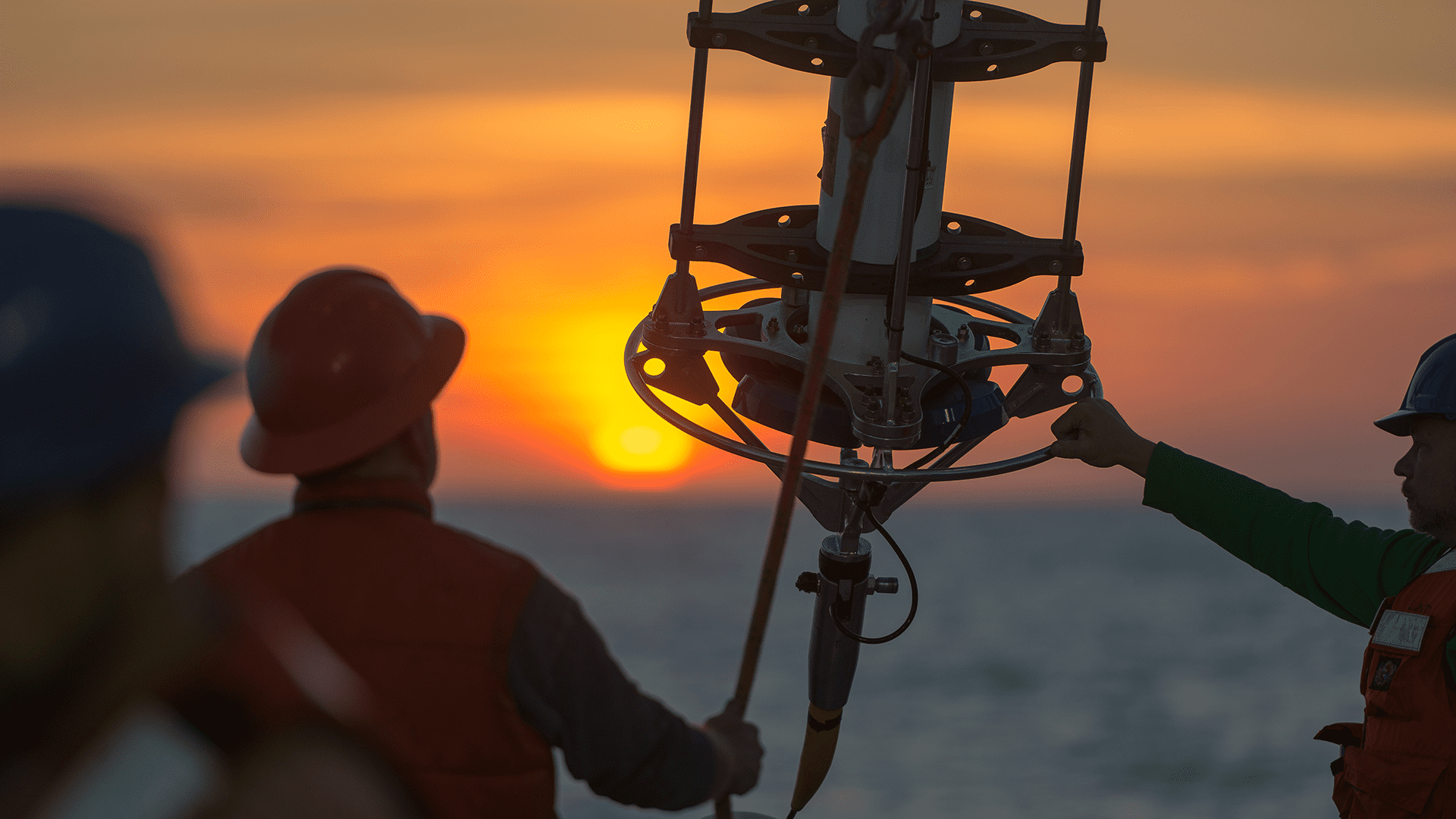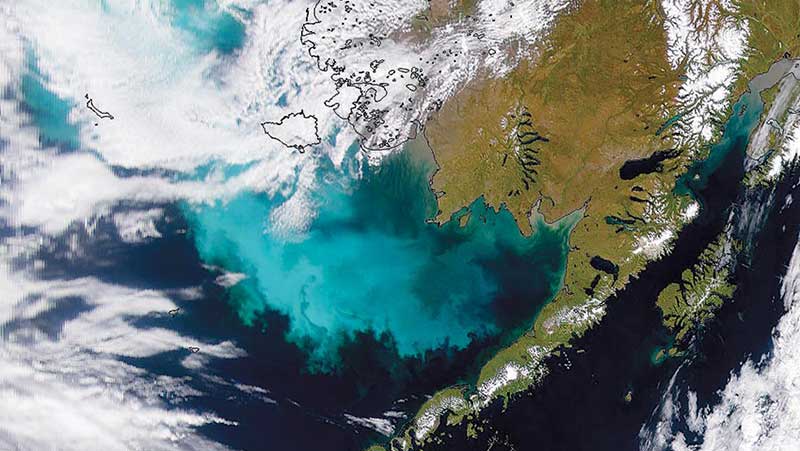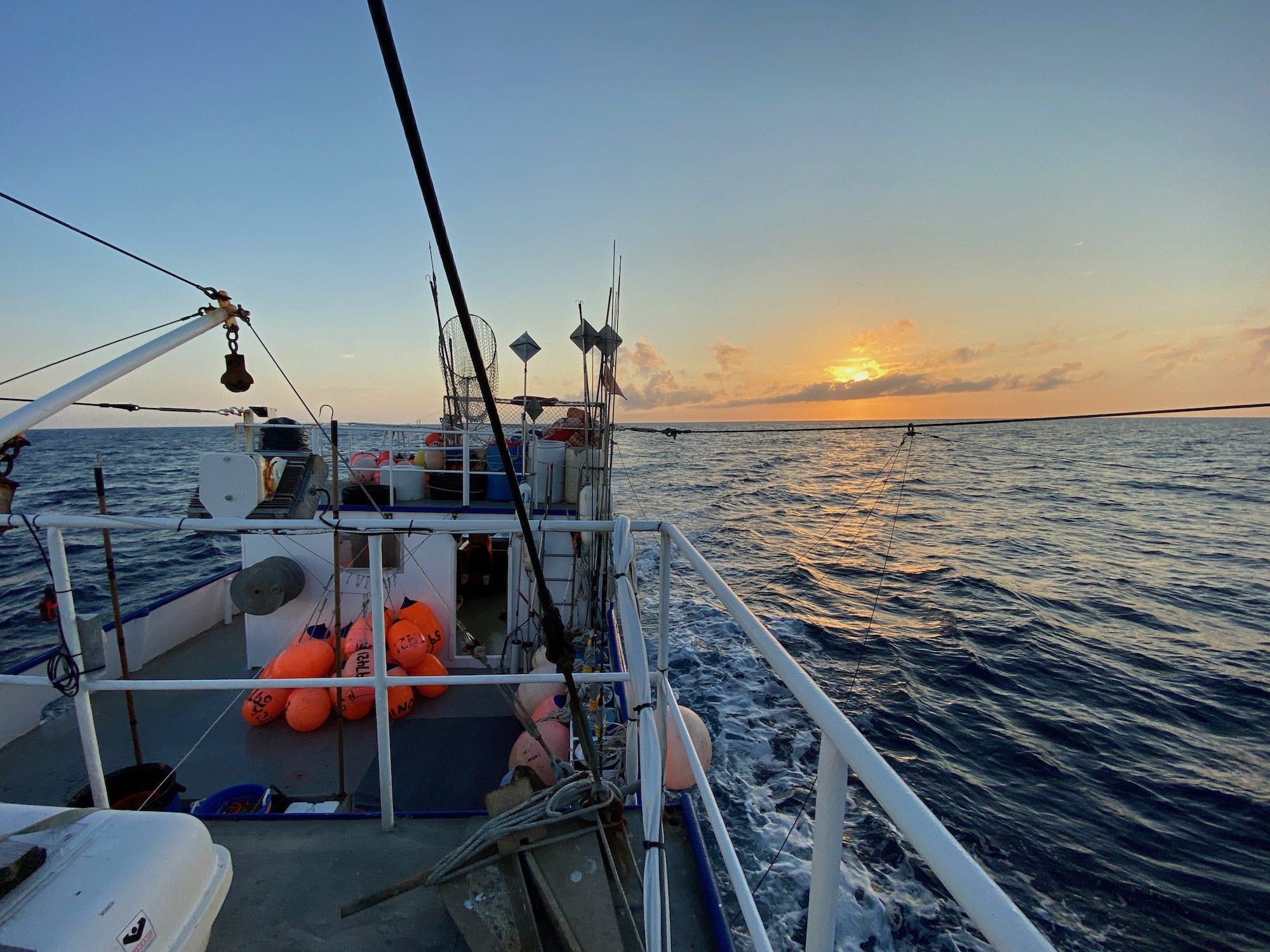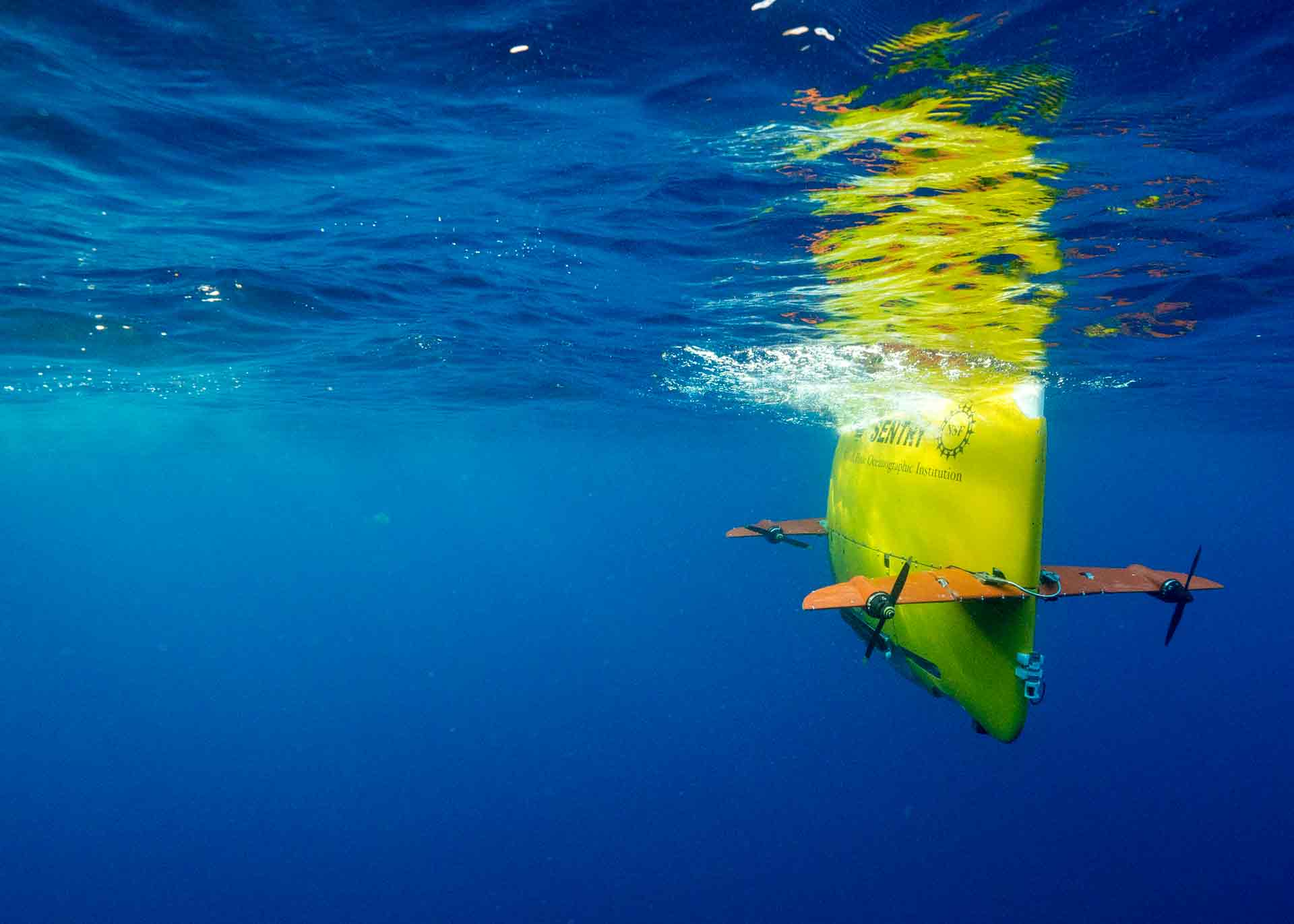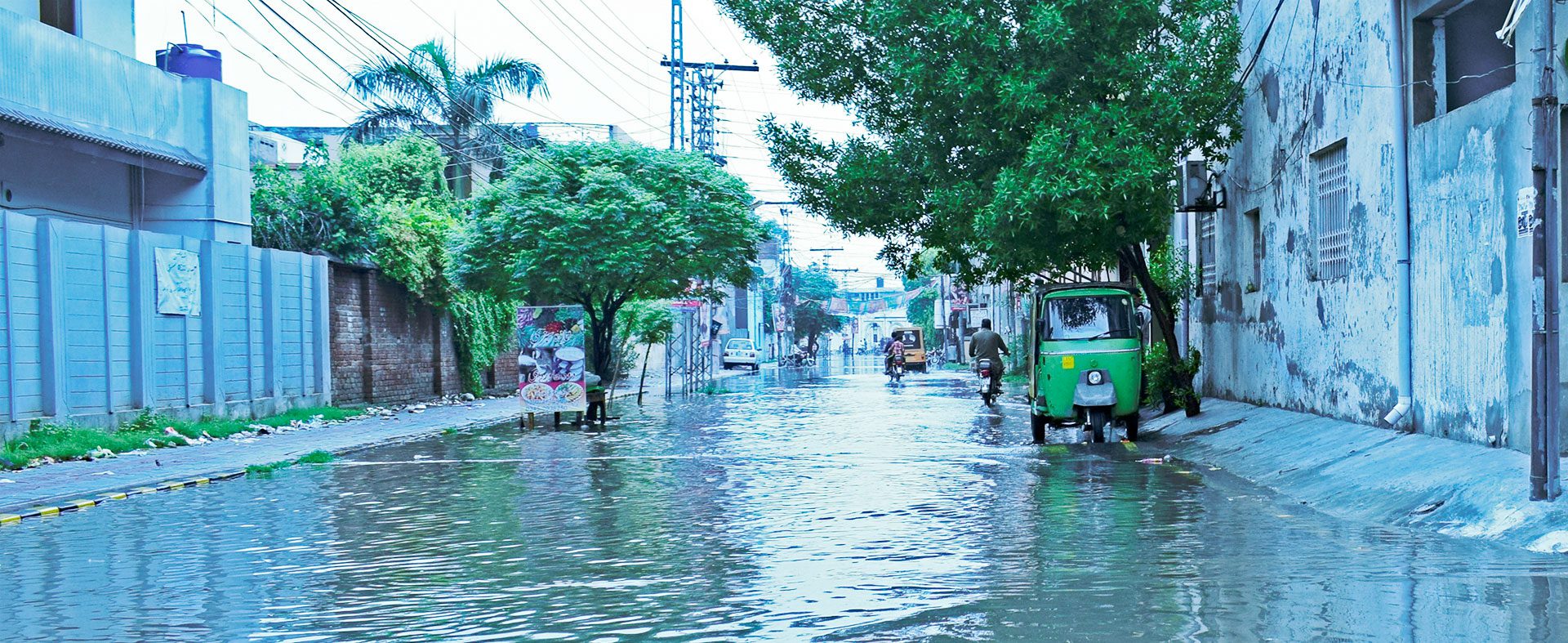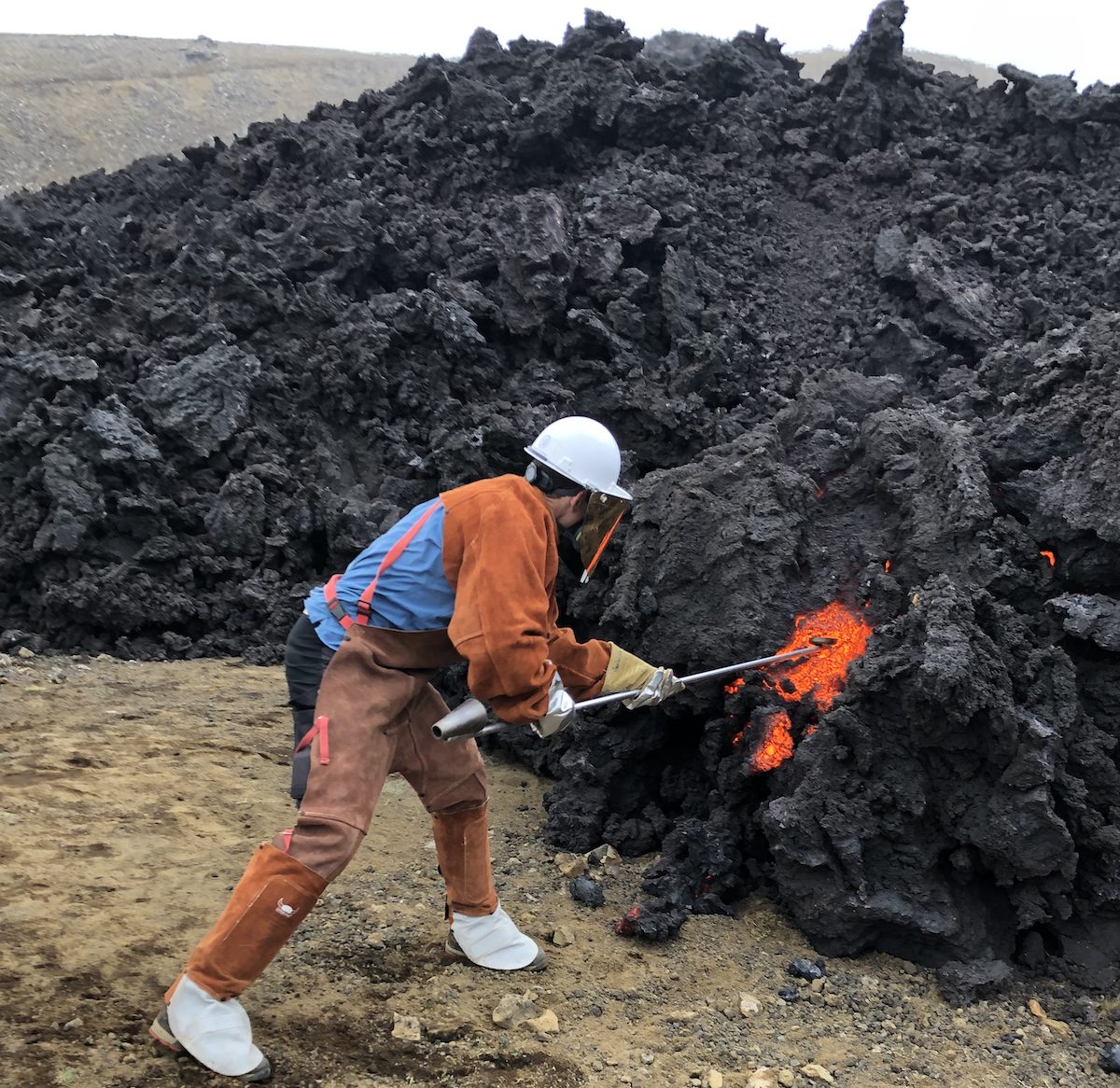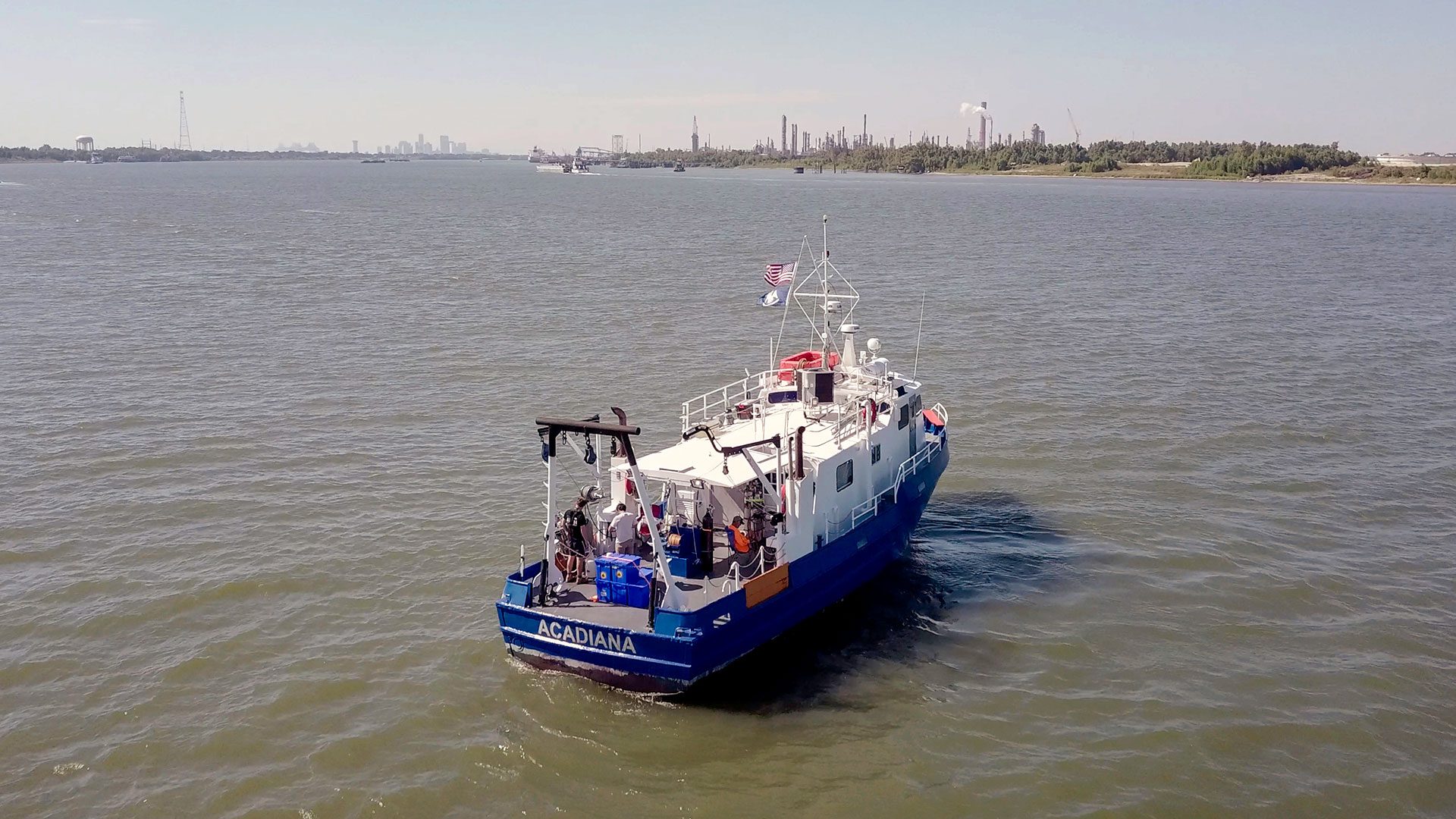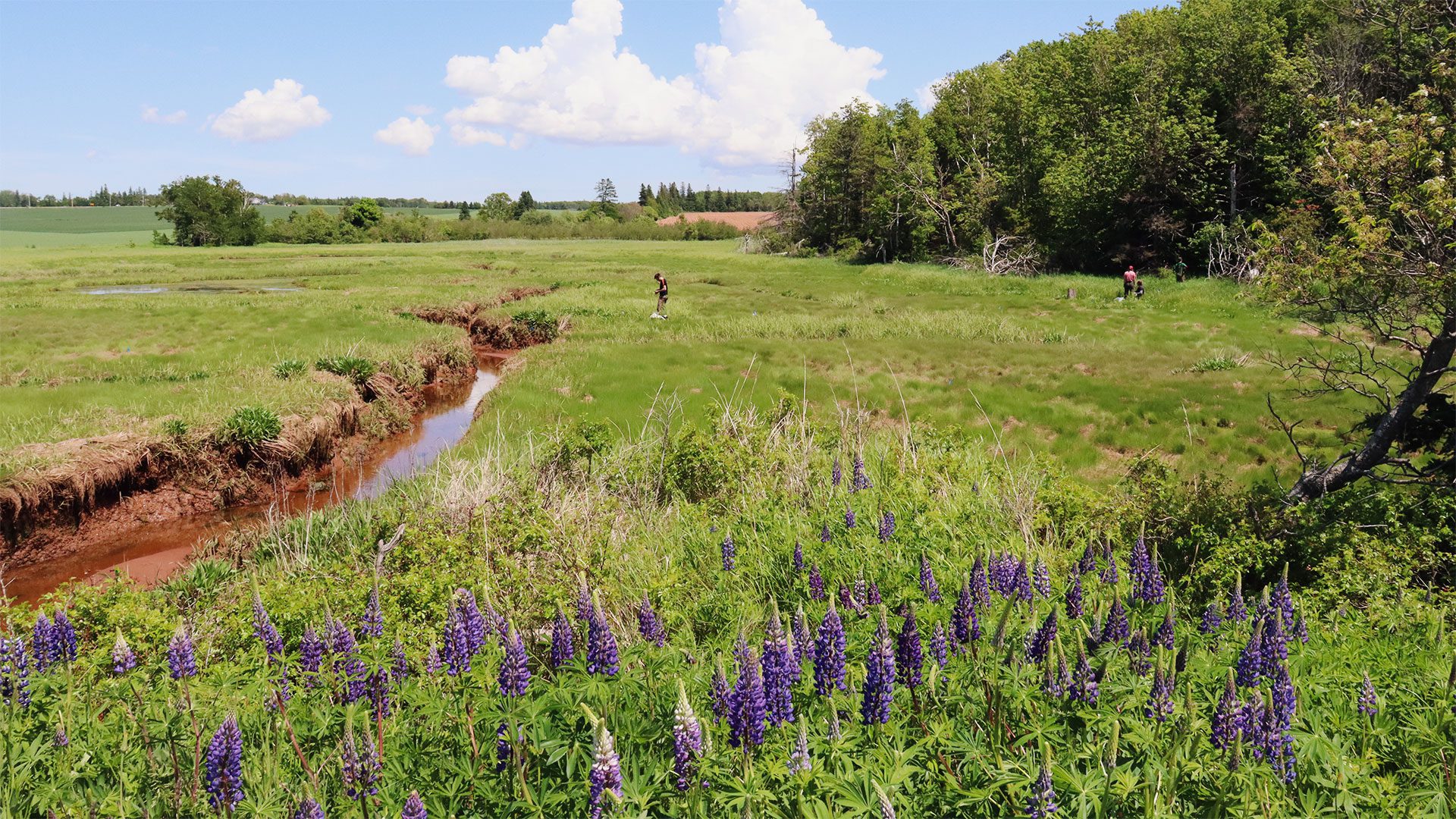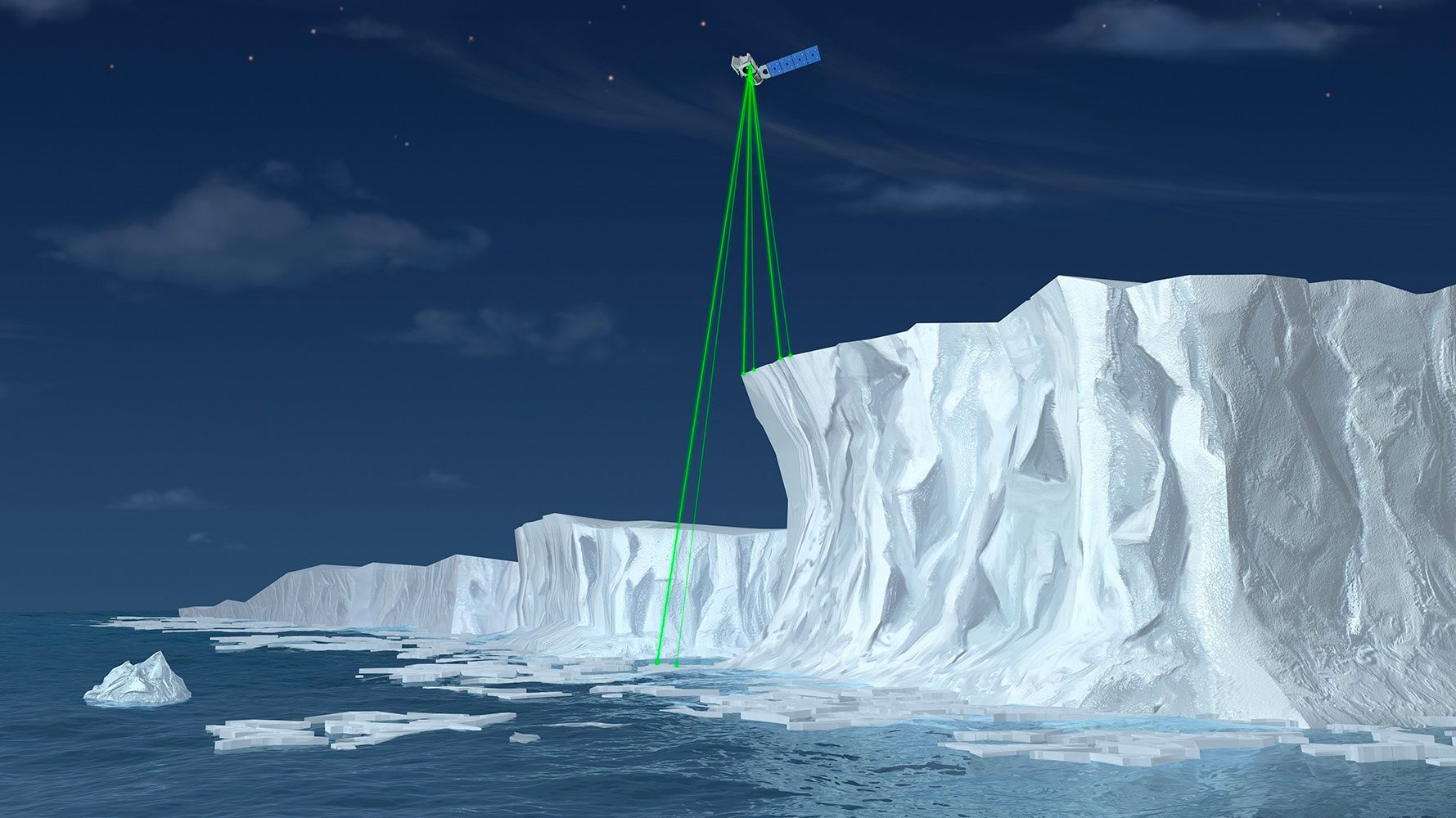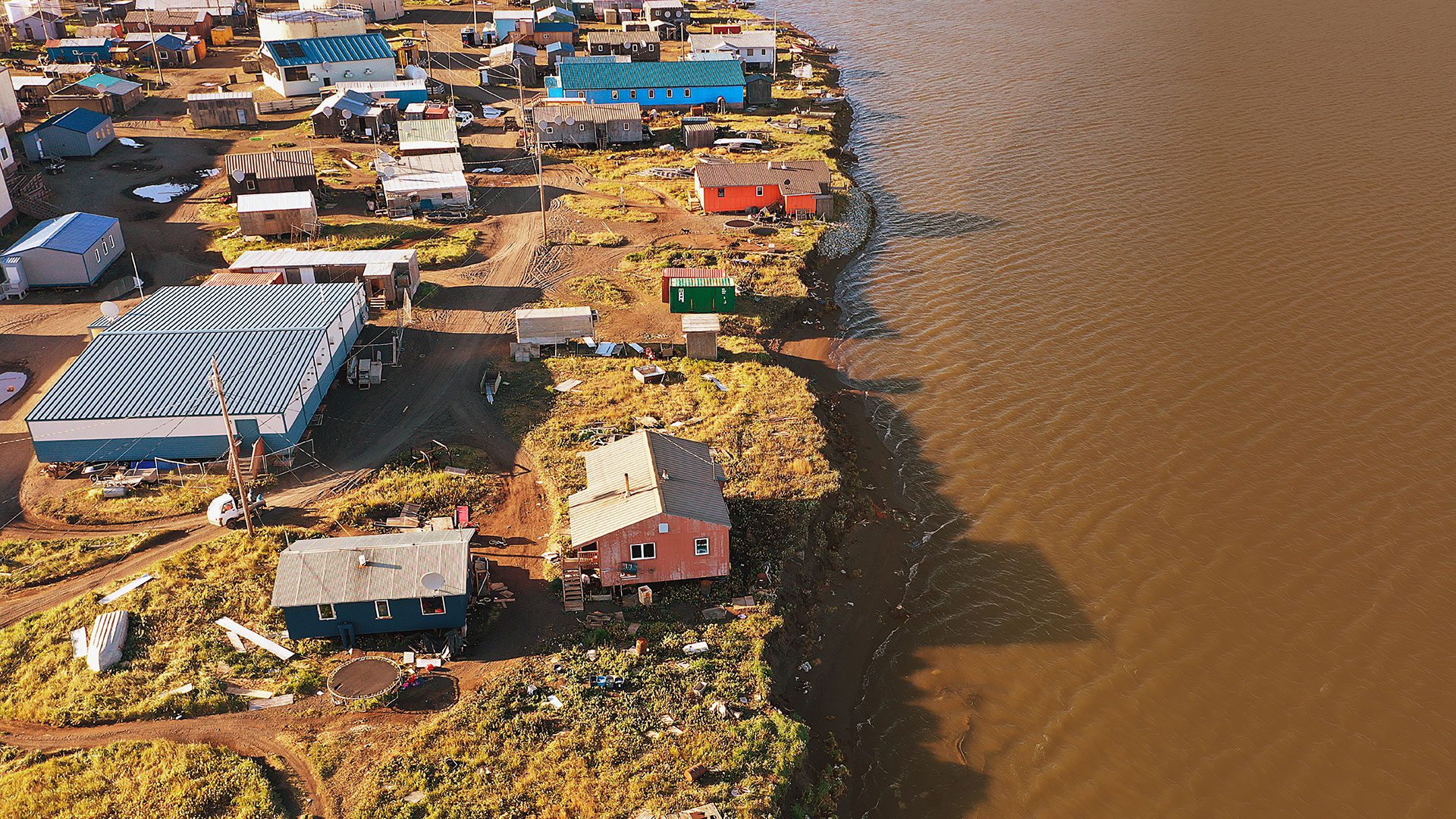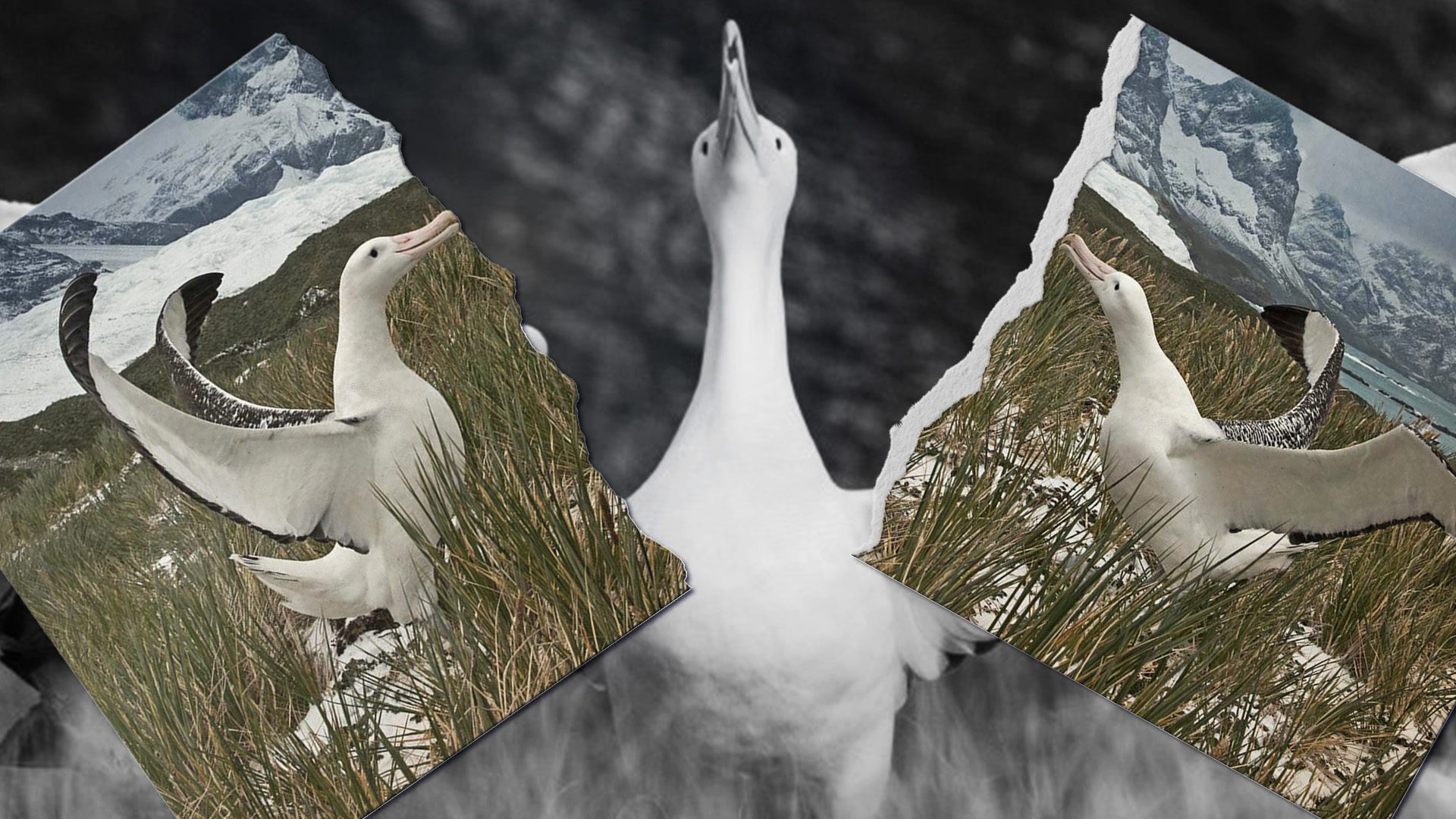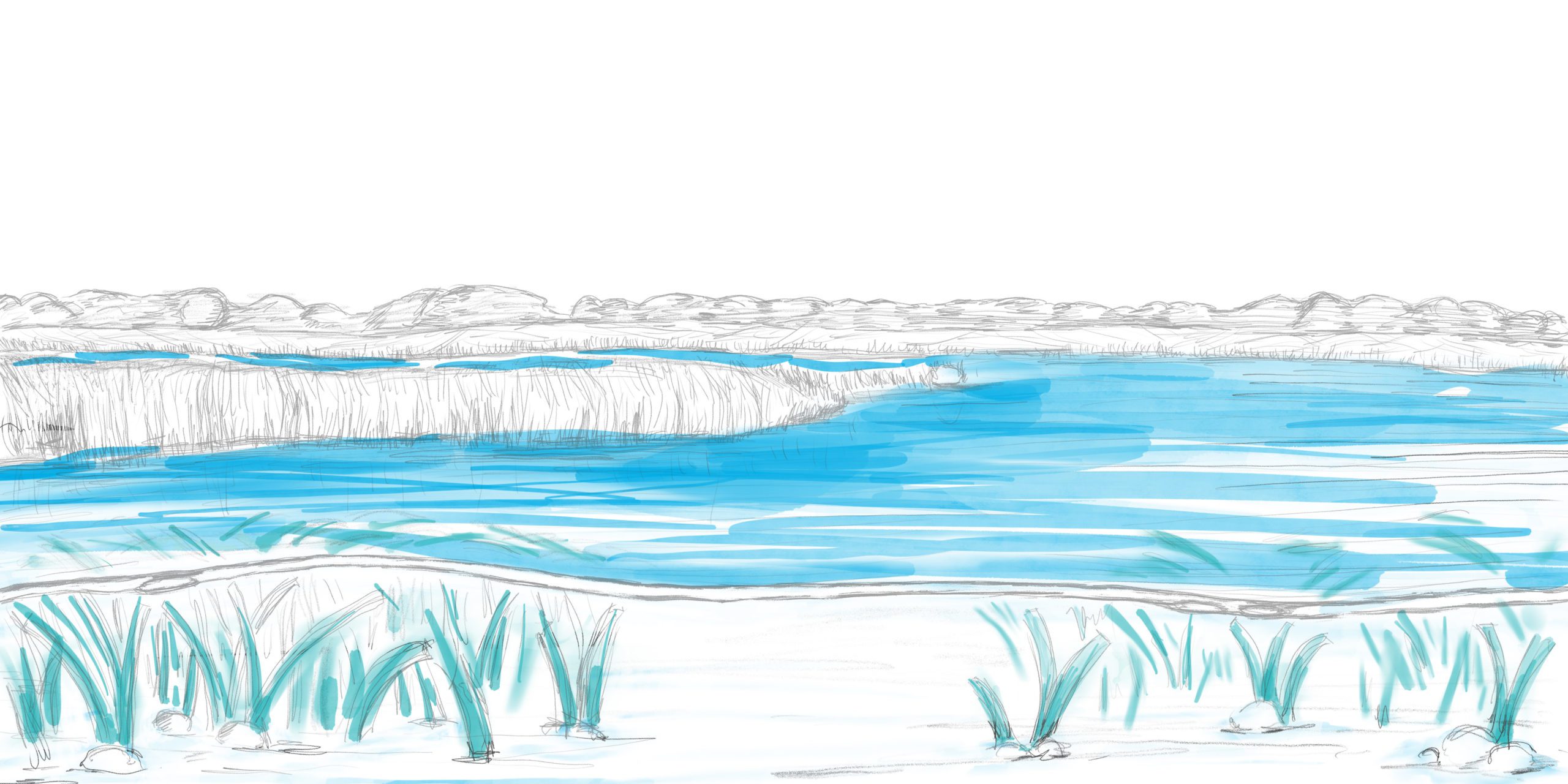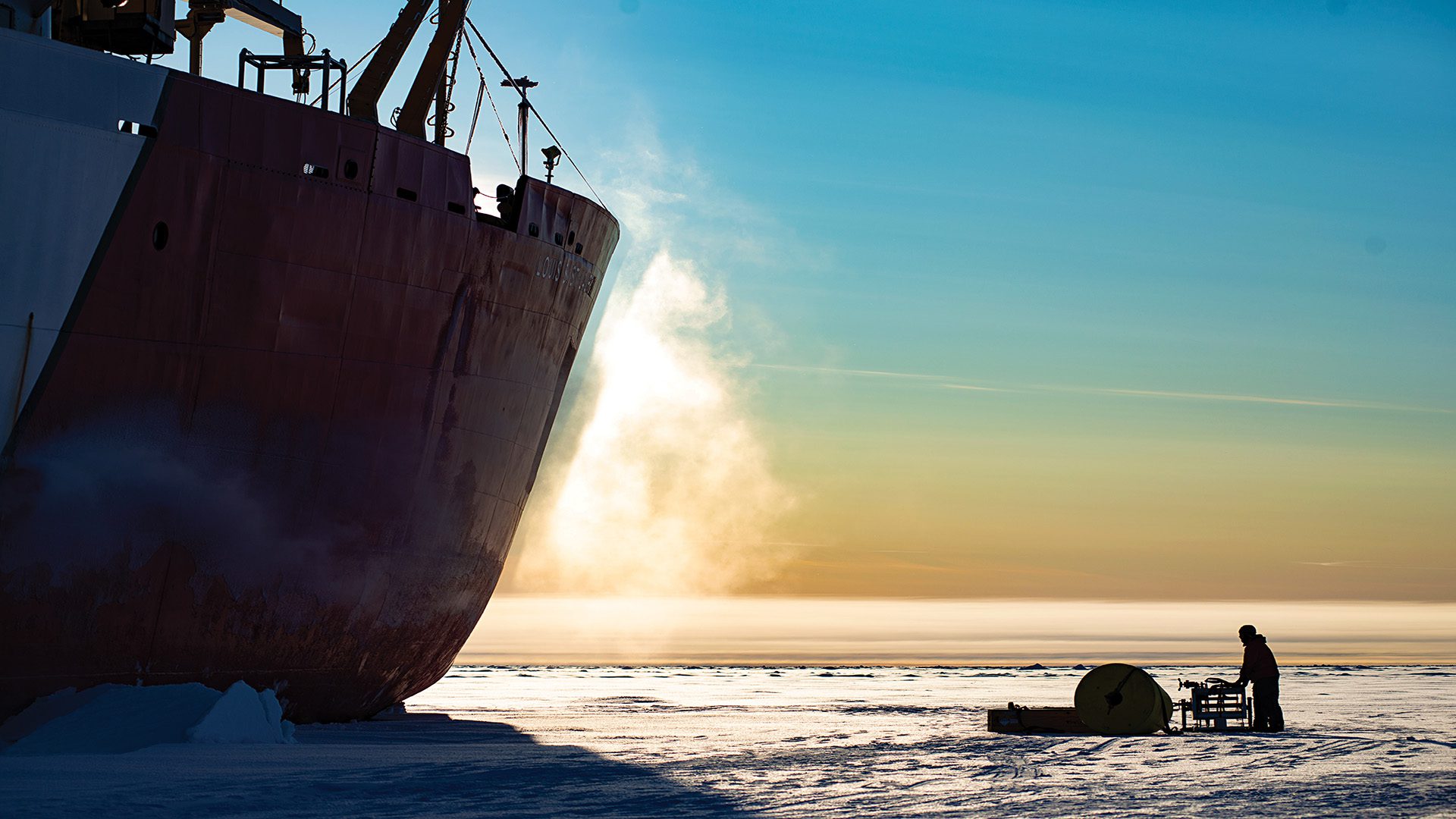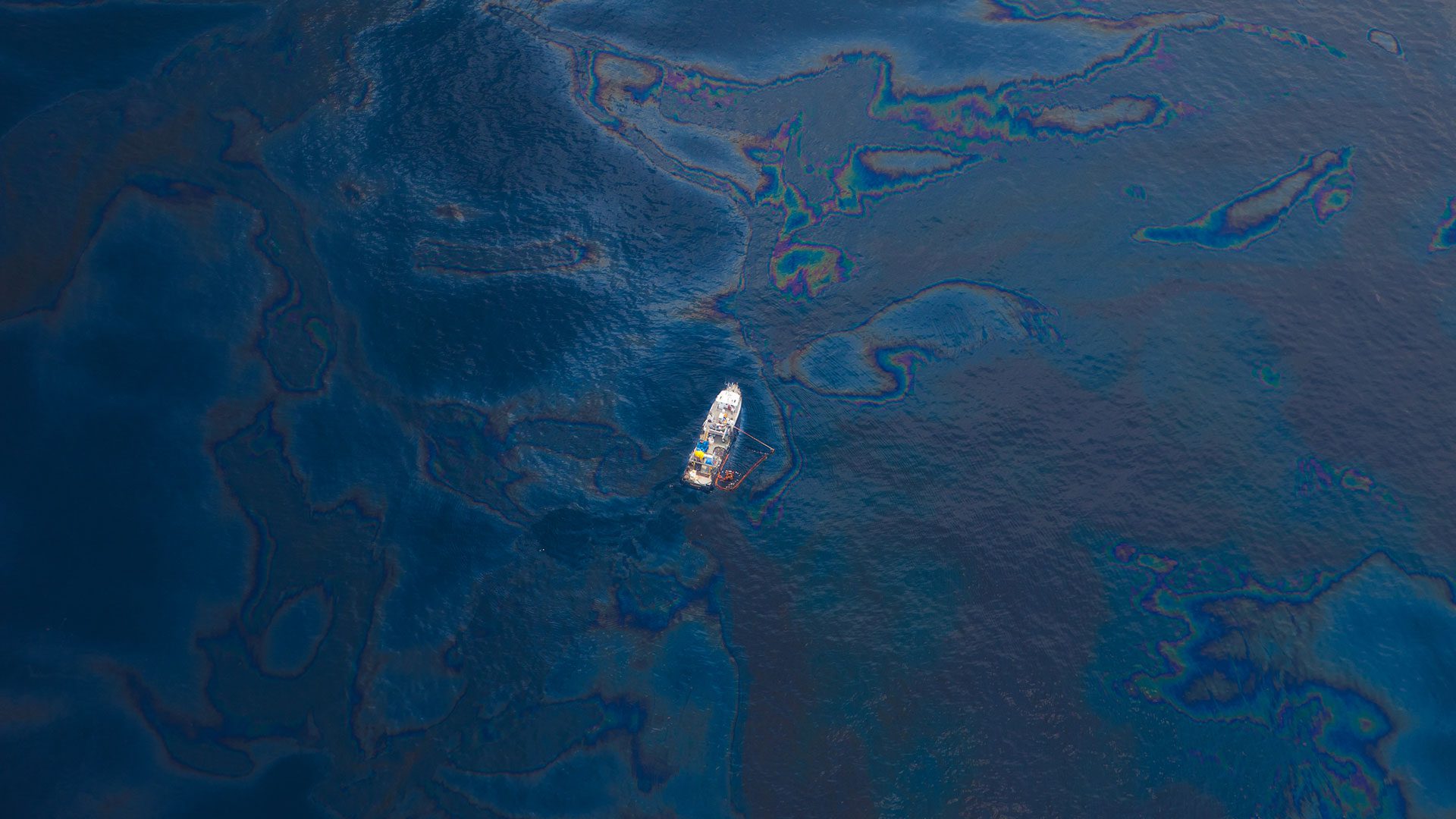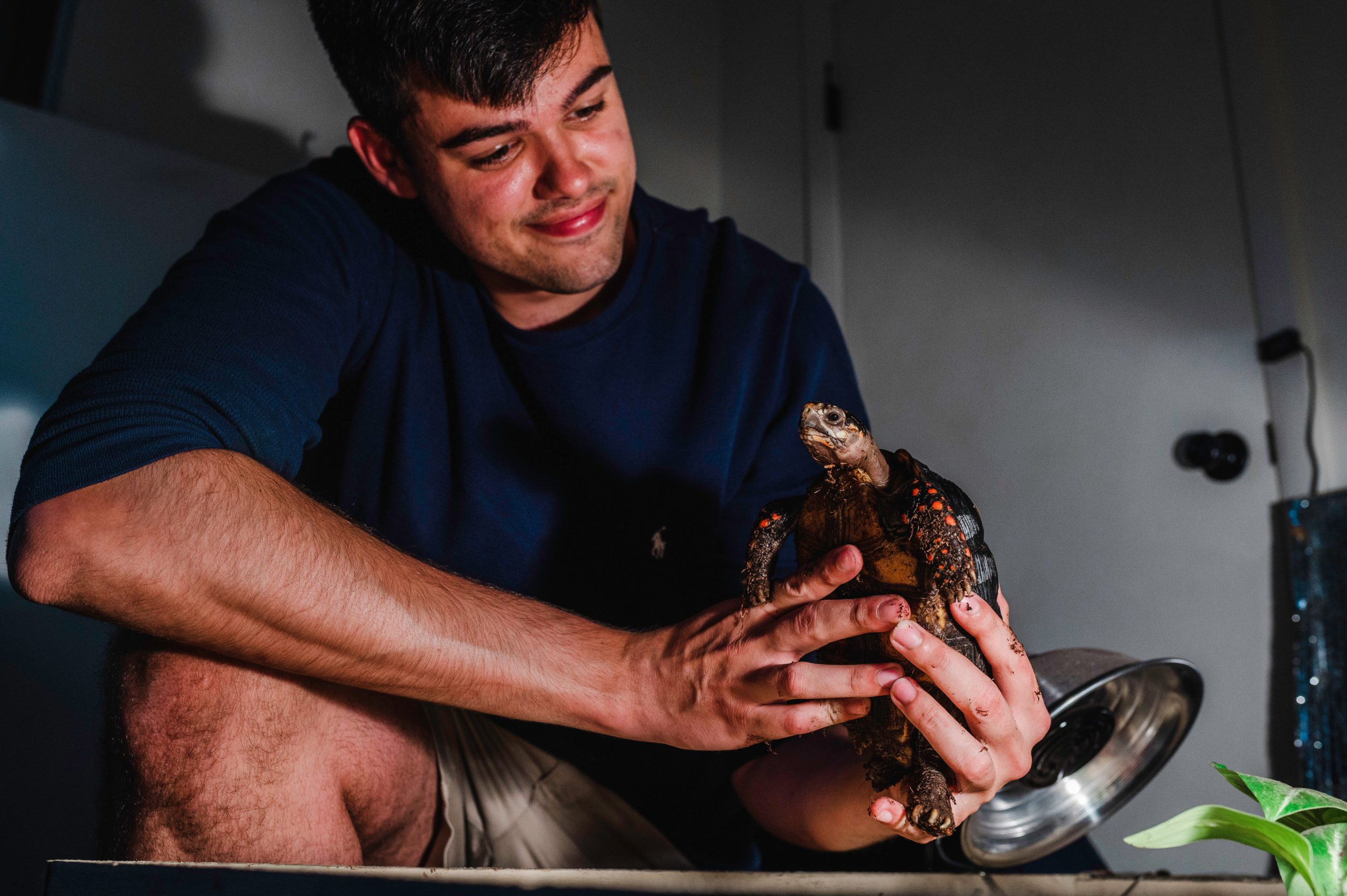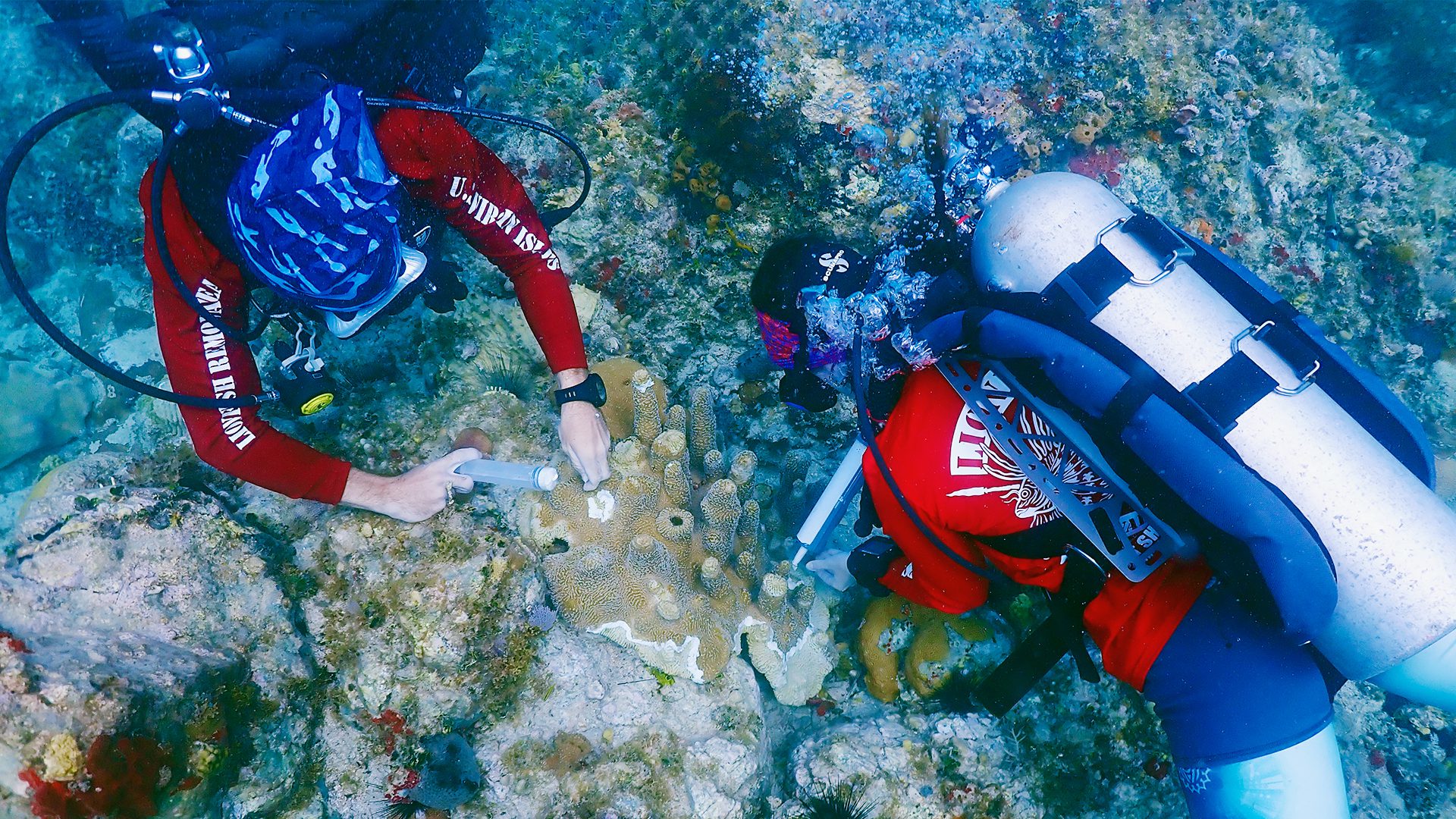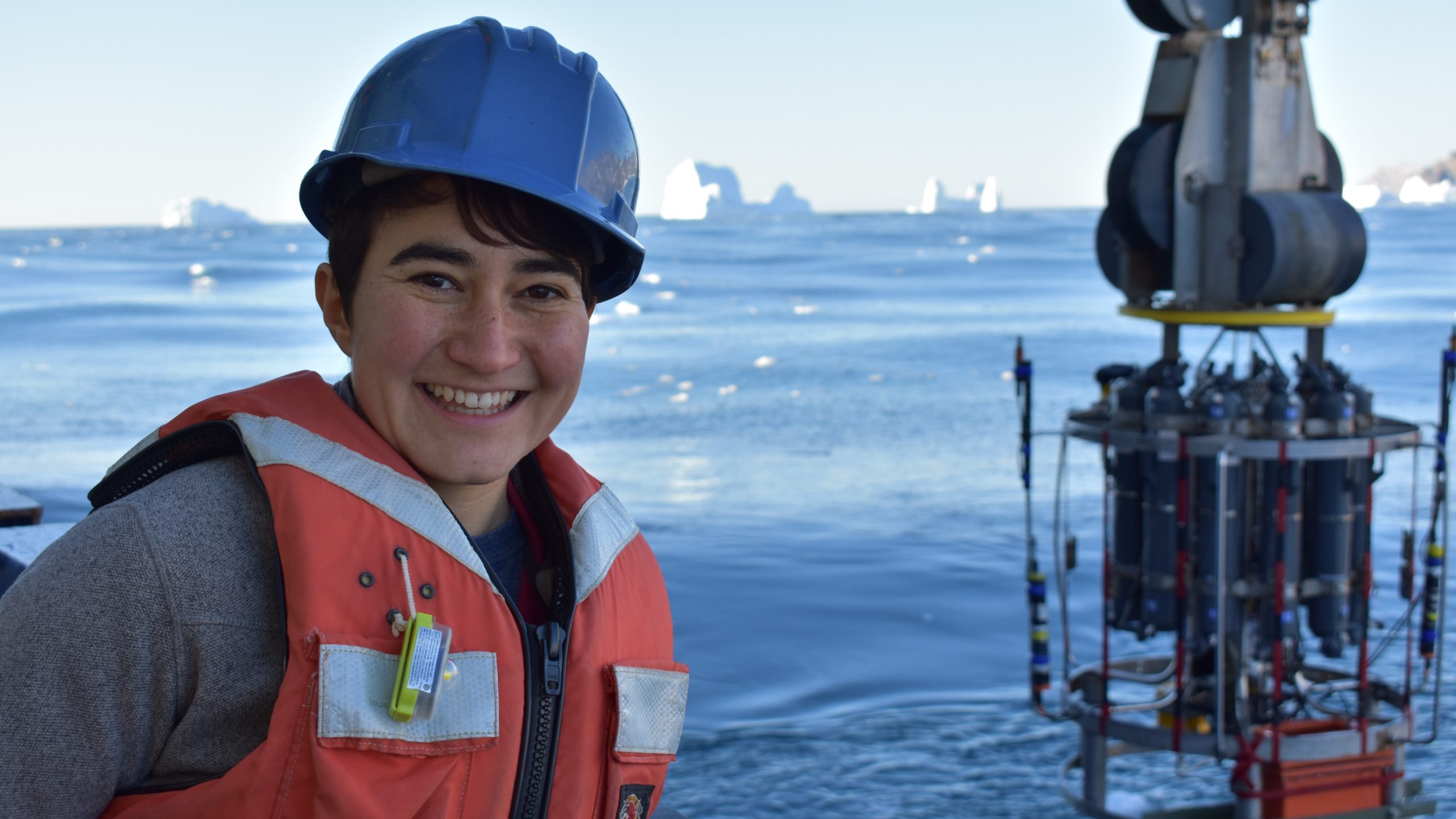Oceanus Online Archive
On the Move
The Coastal Pioneer Array is moving south in 2024. WHOI’s Al Plueddemann discusses the array’s importance and its upcoming move
Read MoreReconstructing the Bering Sea’s stormy past
Researchers help Bering Sea indigenous communities understand the past and plan for future
Read MoreCasting a (long) line to the twilight zone food web
Scientists and fishermen work together to study key predators in the ocean twilight zone
Read MorePakistan’s ‘Ocean of Water’
WHOI’s Caroline Ummenhofer discusses how interactions between the Pacific and Indian Oceans influenced Pakistan’s devastating monsoon rains
Read MoreBridge-to-PhD program at WHOI opens doors for new scientists
WHOI’s Center for Chemical Currencies of a Microbial Planet (C-CoMP) works to expand BIPOC representation in ocean sciences with its inaugural Bridge-to-PhD Fellowship Program
Read MoreWhat makes science, science? Indigenous scholar asks WHOI community to stay curious
Indigenous scholar Dr. Jessica Hernandez sparks discussion at WHOI about the under-appreciated value of Indigenous science in climate discussions
Read MoreThe predictive power of geochemistry
A WHOI researcher looks for changes in gas molecules to forecast volcanic eruptions such as Mauna Loa in Hawai’i.
Read MoreLooking to the Mighty Mississippi for climate solutions
Researchers measure alkalinity flowing into the Gulf of Mexico to assess a carbon dioxide removal strategy
Read MoreFrom Northern California to Ocean Engineer
OOI engineer Irene Duran’s life took her from a dry, hot California town to a career where preparing for inclement weather is part of the job
Read MoreSargassum serendipity
A surprise find connects MIT students working on solutions for a harmful algal bloom in the Caribbean
Read MoreWhy Indigenous perspectives matter in the climate conversation
Wampanoag Tribal Member Leslie Jonas talks WHOI, Native rights, and a timely partnership
Read MoreAn introduction to marsh bothering
A sea-level modeler plunges into fieldwork on Prince Edward Island
Read MoreWhen will Antarctica’s ice cliffs come crashing down?
Researchers challenge their own assumptions to improve sea-level rise predictions
Read MoreWhen it comes to albatross ‘divorce,’ climate isn’t the only issue
Personality can factor into lovebird split-ups in the southern Indian Ocean
Read MoreThe teetering balance of coastal CO2
WHOI scientists Matt Long and Aleck Wang explain the incredibly important role of coastal seagrasses and rivers in the global carbon cycle
Read More5 essential ocean-climate technologies
In the race to find solutions to our climate crisis, these marine tools help us get the data to make informed decisions
Read MoreSunlight and the fate of oil at sea
Danielle Haas Freeman draws on the language of chemistry to solve an oil spill puzzle
Read MoreMaking a splash on TikTok
Nate “The lumpfish guy” Spada brings ocean science to millions with amazing creatures and a sense of humor
Read MoreAn aquatic outbreak
Stony coral tissue loss disease continues devastating Caribbean reefs. Here’s what we know about it so far
Read MoreWaiting on the next freshwater flush
Could the unprecedented amounts of freshwater in the Beaufort Sea stall the current system that controls our climate? WHOI’s Isabela Le Bras weighs in.
Read MoreThe Power of Super Reefs
Working with the governments and scientists of several Pacific Island nations, the project’s first goal is to limit the impacts of pollution and fishing by expanding these countries’ marine protected areas (MPAs).
Read More